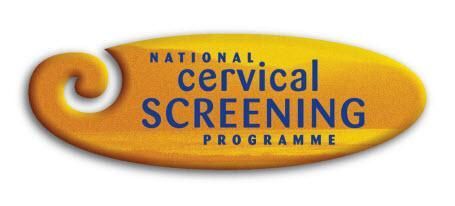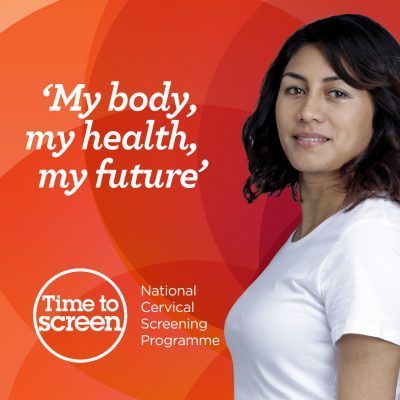Cervical Smear & HPV Testing
As of September 12, 2023, HPV screening became the new method for cervical screening in Aotearoa New Zealand.


HPV testing is a better first screening test. It looks for the human papillomavirus (HPV), which causes cell changes that may lead to cervical cancer.
This gives you options for how you have your screening sample taken:
Option 1 - A vaginal swab which you can either do yourself or request a health professional to help. This will be suitable for most people.
Option 2 - A cervical sample (also known as a smear test) taken by a heath professional.
How do I know which test is right for me?
Your healthcare provider can provide information and guidance on which test will be best suited to you. While the vaginal swab is quick and easy to do it may not be suitable for everyone. Depending on your screening history, you may be required to do a cervical smear test instead of the swab.
If you do a vaginal swab test and HPV is found, you will either be recommended to return to have a cervical sample taken as a follow-up test or referred directly to colposcopy. This will depend on the type of HPV detected.
Most test results are normal. Around 90% of people screened won’t have HPV found.
How do I know if I am eligible to have this done?
You are eligible for cervical screening if you are:
- A women or person with a cervix.
- Aged between 25-69
- Sexually active now or have ever been.
It makes no difference what your sexuality or gender identity is, or if you have not been sexually active for a long time.
If you have a cervix, it’s best to get tested. If you’ve had a total hysterectomy (removal of the uterus and cervix) check in with your healthcare provider to see if you still need to have screening.
How much does this cost?
The national cervical screening plan is not fully funded. However free screening is available for women & people with a cervix who:
- Are Māori or Pacific, any age.
- are 30 years and over who are under-screened (have not had a test in the past 5 years) or have never had a screening test.
- Require follow up testing, any age.
- Hold a community services card, any age.
Otherwise, the cost to having this testing done here at Beckford Health is $35.
What is the process when having these test done?
Your nurse or GP will discuss exactly what is going to happen. You will be taken to a private consultation room.
If you are doing a self-swab, you will be provided with instructions on how to correctly collect this sample. Alternatively, a healthcare professional can collect this swab sample for you as well.
For a cervical smear you will need to partially undress. You may choose to cover up with a sheet provided by the nurse/GP or wear something like a loose skirt or dress to make it more comfortable.
Next you will be asked to lie down with your knees up and the nurse/GP will gently open your vagina using a speculum. Using a soft brush, a sample of cells is taken from the lower end of your uterus.
And then you’re done! You can take a moment to gather yourself and ask any questions you may have. Your sample will be sent away for testing and your results should be available within a couple of weeks.
Scared, painful or bad experience with cervical smears:
You may have the option of doing a self-swab instead of the smear test. You are welcome to bring a support person along to your appointment. You may also ask to have the smear done by somebody who matches your gender or culture if that makes you feel more secure.
If language is a barrier to fully understanding the procedure, let us know in advance and we can ensure you get a full explanation in a way that will make sense to you, this may be done through an interpreter or by having a written explanation translated for you.
Most importantly, if you have any doubts or concerns you can contact our smear nurses and we can work with you to help alleviate you worries. We are always guided by your comfort levels and will work alongside your needs.
How do I book in?
You can book online using our website booking service, through the Better Health Outcomes app or by phoning our reception team and booking a time that suits you.
At Beckford Health we have 4 nurses who offer this service daily including a smear clinic run on Friday mornings.
To book your cervical smear, get in touch with the team at Beckford Health.

Additional links
Hours
Contact us
All Rights Reserved | Beckford Health


